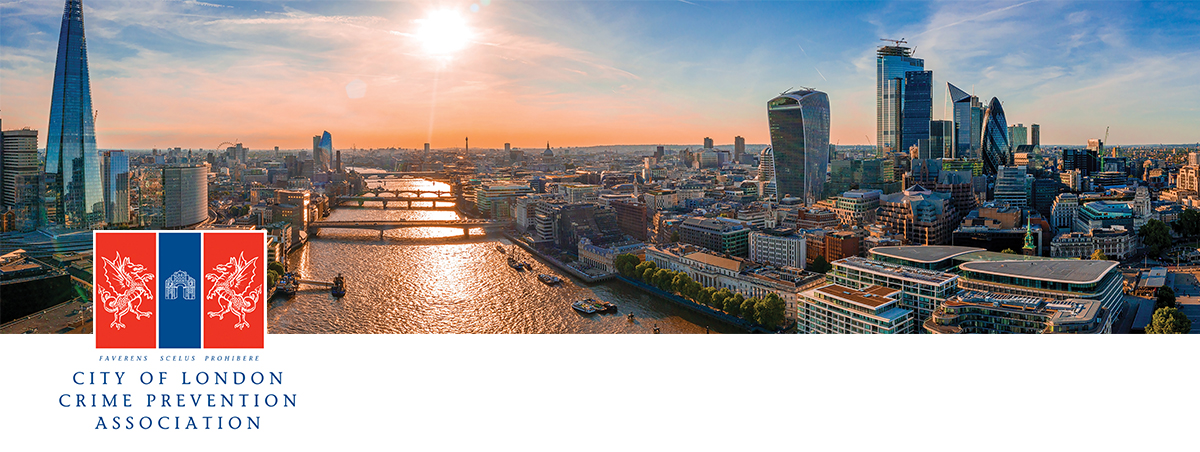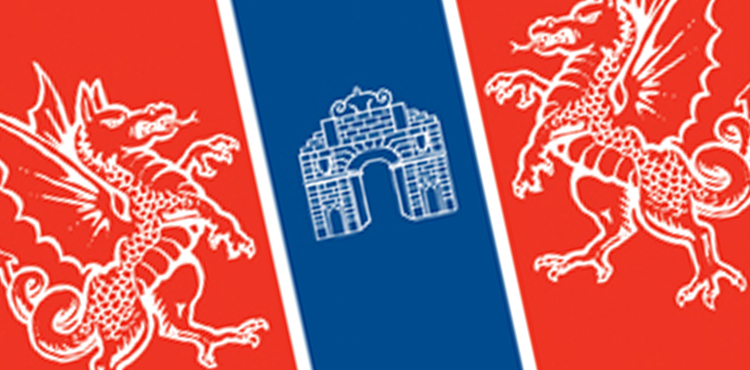
The three crime prevention associations in the City of London (Bishopsgate, Snowhill and Wood Street) were amalgamated in 2003 under the leadership of Don Randall MBE to form The City of London Crime Prevention Association (CoLCPA).
The CoLCPA is a partnership between the City of London Police, the wider security community and all those involved with safety, security and emergency response.
The CoLCPA offers our circa 300 membership the opportunity to attend eleven meetings a year with a varied and interesting programme. Members can bring up to four colleagues/clients to each of the meetings and these events raise awareness on crime and terrorism latest trends, as well as provide information on other threats and risks and the appropriate measures to mitigate these.
In addition, City Security Magazine is produced in partnership with the CoLCPA and our members receive a free quarterly copy.
The CoLCPA is a registered charity.

Who is membership open to?
Membership of the CoLCPA is open to organisations and individuals with an interest or involvement in improving safety and security for their organisation or community. Our current membership includes people from a range of organisations including financial, retail, managing agents, and hospitality.
The members of the CoLCPA are integral to its success and their continuing support is vital.

Working in partnership
We provide the City of London Police and the community we serve with an invaluable communication network. Over the years, our joint initiatives have achieved a great deal in tackling new crime risks as well as maintaining vigilance around more traditional problems. The CoLCPA has made circa £500,000 in donations over the last 19 years supporting various projects which include, The Police Cadets, The Breck Foundation, the Taxi Marshall service, Police Widows and Orphans, a multi-agency exercise by the CSC and City Police and the various children’s charities, to name but a few of the many projects we have and continue to support.
We have been instrumental in the start-up and development of both the CSSC (Cross-sector Safety and Security Communications), the Building Security Accreditation scheme and Project Griffin. The CoLCPA is also a founder of the Project Kestrel training course.
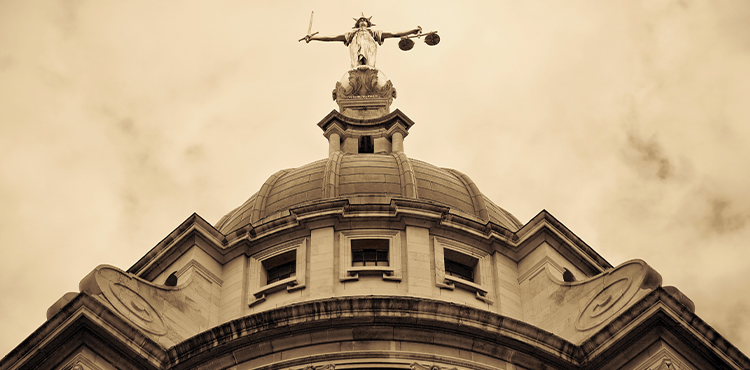
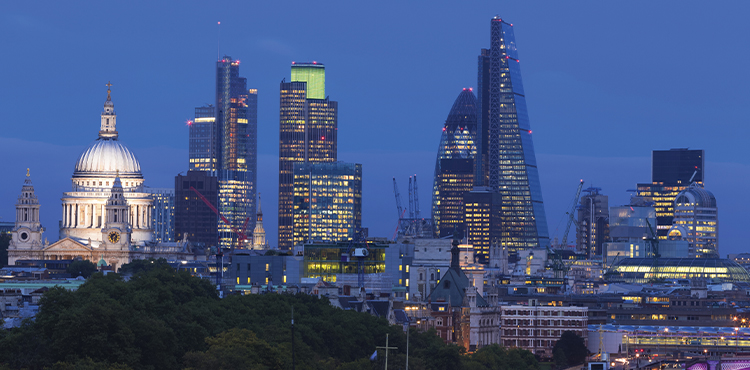
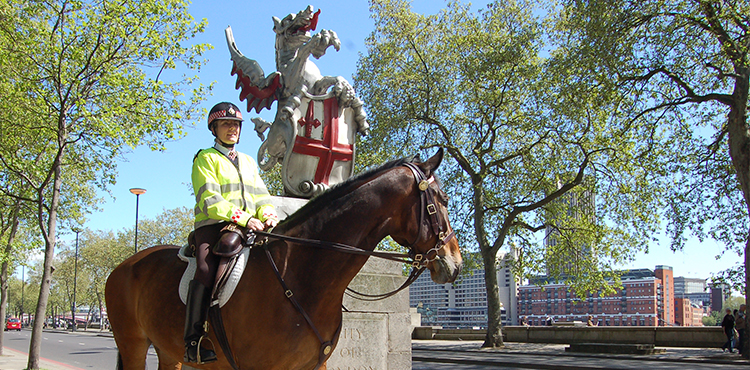
History
In the latter part of the 1970s, it was recognised that communities should be enlisted in the fight against crime, and that the police alone could not – and indeed should not – be the sole participants in this struggle.
This view secured widespread support and culminated in a Government initiative to encourage the creation of crime prevention panels where representatives from both the community and police could meet to discuss local crime problems and work towards joint solutions to those problems.
Residents
The resident population of the City of London is very small due to the concentration of business offices within the City. As a result, the pattern of crime is unique. Street crime is low in comparison with other city centres. The vast majority of the City community is employed within the financial services sector and the main area of concern is “business crime,” involving fraud related to complex and sophisticated business systems.
Three Crime Prevention Associations
Given this unique set of circumstances, in 1978 the City of London responded by establishing three Crime Prevention Associations, (CPA) each closely aligned to one of the existing Police Divisions (at Snow Hill, Wood Street and Bishopsgate).
Each Association had a strong sense of identity and this was reflected both in their close relationships with the divisional police stations and their respective members.
Under the police restructuring in the 1980s, the CoL Police reduced its Divisions from three to two but the three CPAs elected to retain their original identities.
The Crime and Disorder Act of 1998
The Crime and Disorder Act of 1998 placed unprecedented emphasis on both the role and the importance of crime prevention partnerships between the police and communities.
